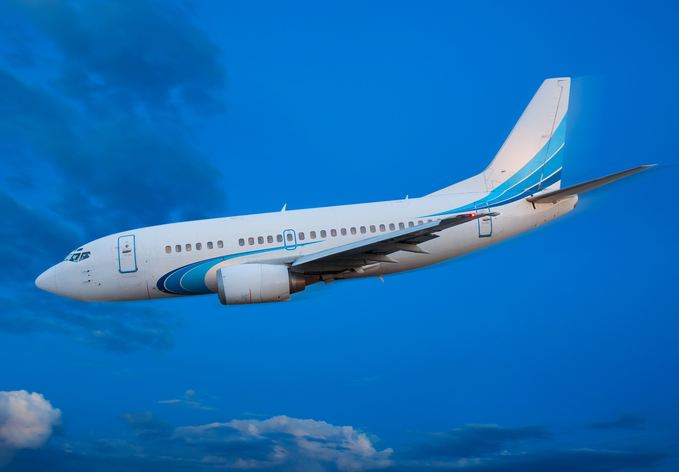Perhaps the most tangible achievement of the European Union is the lack of border control between countries that were once considered enemies for hundreds, if not thousands of years.
The open borders, once seen as a hallmark of true freedom and democracy (and the almost exclusive domain of the United States), have become almost commonplace, as millions of Europeans travel freely between countries to work, vacation, or study every day.
It has simplified traveling in Europe for business people from around the world, as well.
If you’re planning a trip in the near future, you should know that the Euro is used by 12 of the 25 countries in the EU, which means the expensive and time-consuming business of changing money at borders has become a thing of the past.
Banks within the EU no longer charge fees for cash withdrawals at ATM machines outside of the user’s country of residence. (Of course, your bank may still tack on fees for international transactions).
Economically, the common market and deregulation of state monopolies have brought costs down for things like telephone service and utilities.
Business travelers can now find low-cost direct flights between cities and countries that were once expensive and required travelers to change planes or airlines.
Mobile phone users can use a single service from Portugal to the Polish/Ukrainian border, with no additional charges or fees.
Cross-cultural activities, events, and exhibitions are being promoted like never before, thanks to grants from the EU Union.
Most schools offer bilingual programs, and English is the language of business, science, and technology.
There are some differences still, however. European workers receive longer vacations and shorter workweeks than their counterparts in America and Asia.
In many cultures, businesses close their doors between 12 and 2 or 12 and 4, and business is conducted until 7 or 8 at night.
In many countries, formality is considered the norm, and business acquaintances don’t call each other by first names, and some subjects are considered rude — such as discussing money at the beginning of a business.
Be aware that if you’re invited to lunch or dinner, business is not usually discussed until after the meal, which can take two hours or longer.
Be sure to take the usual precautions when traveling, whether for business or pleasure. Keep your passport, money, and other valuables in a safe place.
And pay attention to what is going on around you at all times.
Pack an extra set of clothing and any business materials you’re going to need for meetings in your carry-on luggage, just in case your suitcases end up visiting Rome while you’re in Switzerland — because as much as some things have changed, some things remain the same!

